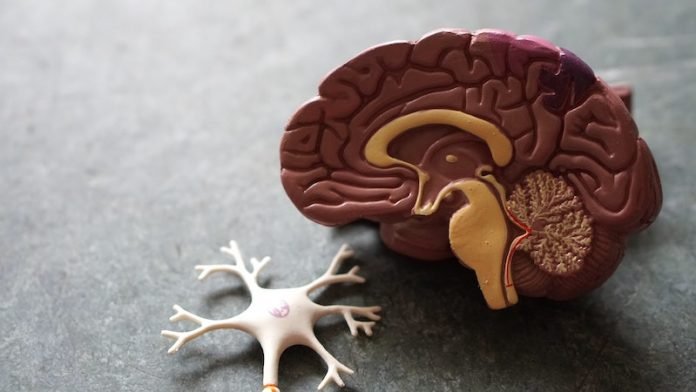
In a new study, researchers showed an experimental spherical nucleic acid (SNA) drug may help treat the deadly brain cancer, glioblastoma.
The drug could cross the blood-brain barrier, dial down the level of a cancer-causing gene and promote tumor cell death.
The research was conducted by Northwestern University scientists.
Glioblastoma affects approximately 13,000 to 15,000 patients each year in the United States and is uniformly fatal.
There have been no new drugs approved for glioblastoma in the past decade.
Scientists said it’s been hard to develop a drug that can breach the protective blood-brain barrier and reach the highly aggressive brain tumor.
In the study, the team tested eight patients who had recurrent glioblastoma.
They used a small dose of the medication to make sure it isn’t harmful to humans before they start using it in higher doses in larger clinical trials.
They found the drug, NU-0129, even at very small doses, causes tumor cells to undergo what’s called apoptosis or programmed cell death.
NU-0129 is the first SNA drug developed for systemic use. SNAs are structures consisting of DNA or RNA arranged around a nanoparticle.
A unique 3D design has the ability to infiltrate tumor cells to correct the genes inside and make them susceptible to therapy-induced killing.
The glioblastoma drug represents a revolutionary new class of drugs.
The novel SNA platform on which it is based can be applied to other types of neurological diseases, such as Alzheimer’s, Huntington’s and Parkinson’s, by similarly turning down the genes that lead to those diseases.
Now the scientists plan to use this technology to advance this type of therapy for brain tumor care.
One author of the study is Dr. Priya Kumthekar, an associate professor of neurology.
The study is published in Science Translational Medicine.
Copyright © 2021 Knowridge Science Report. All rights reserved.



